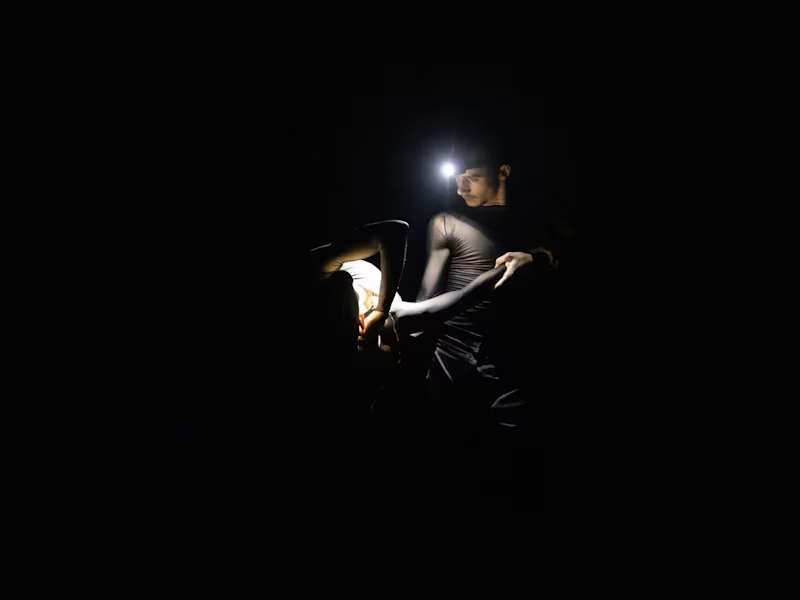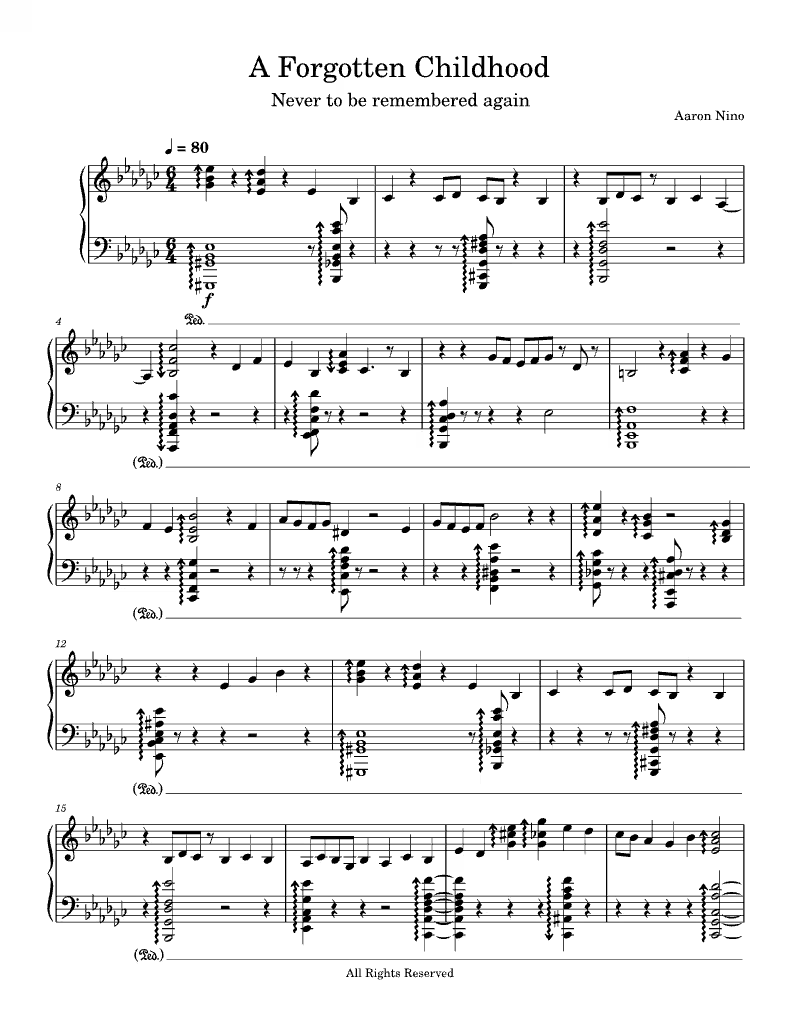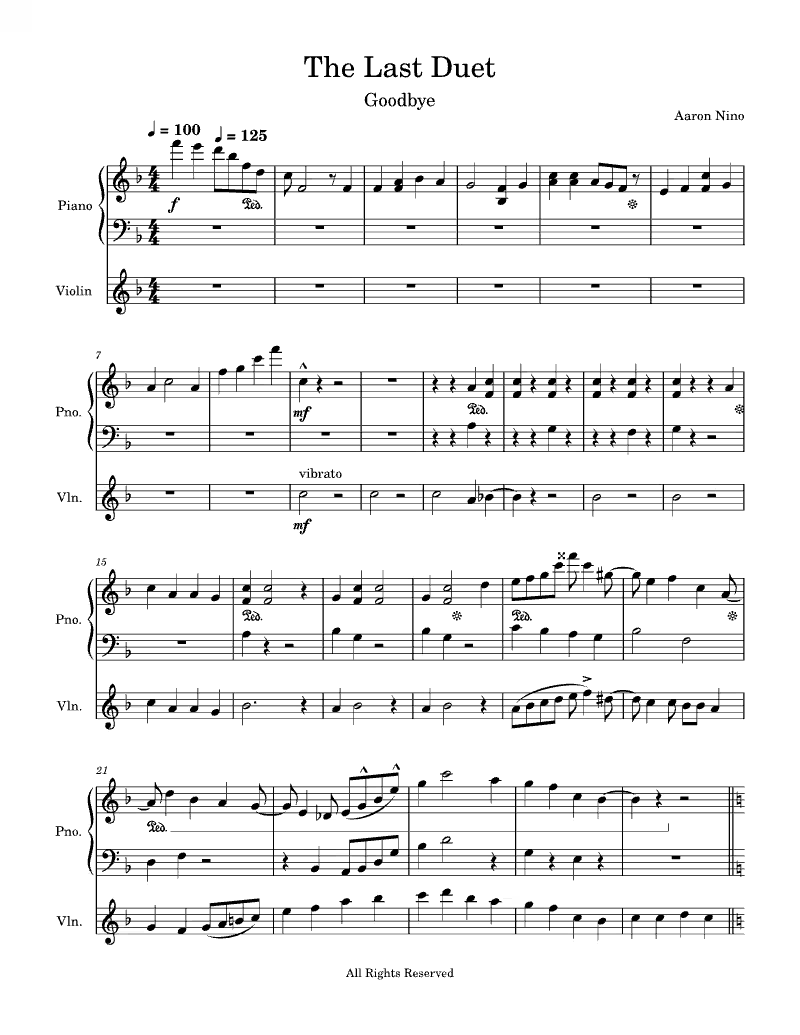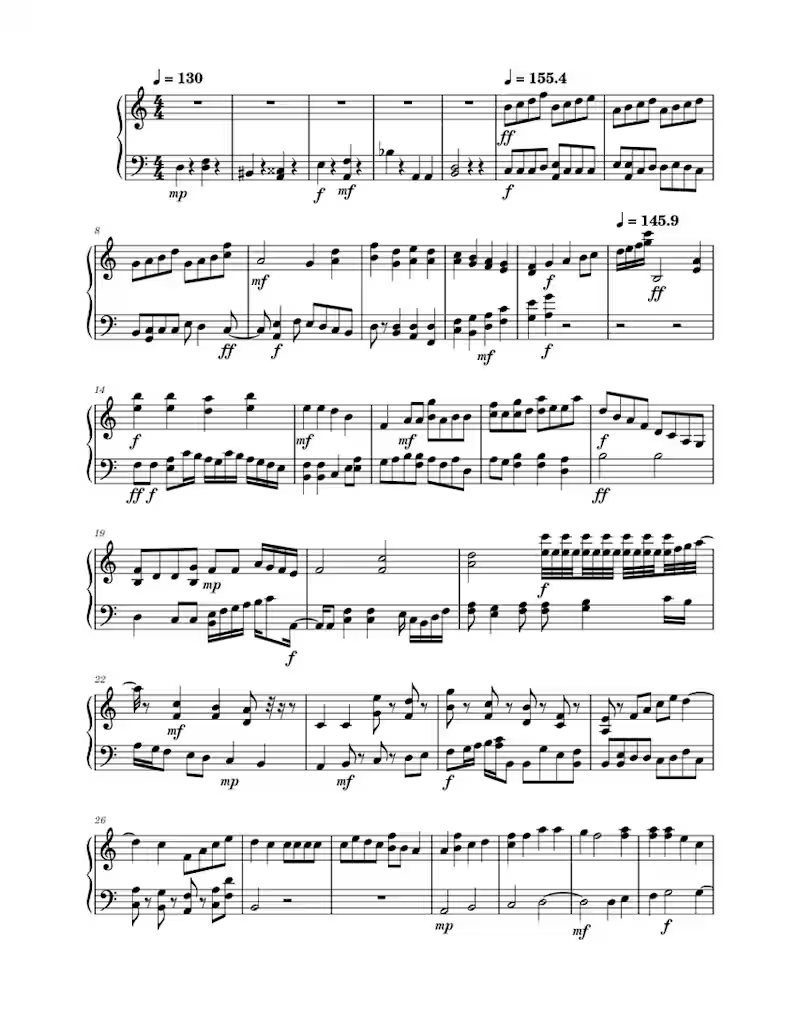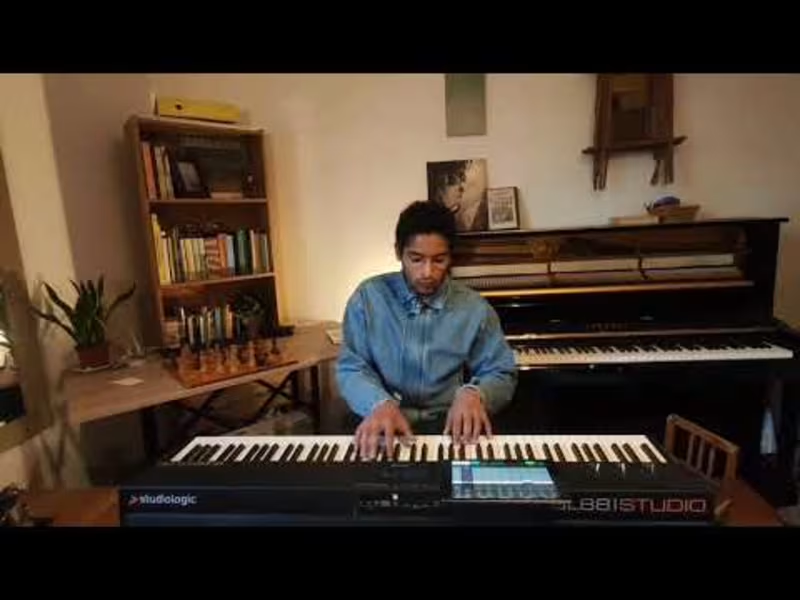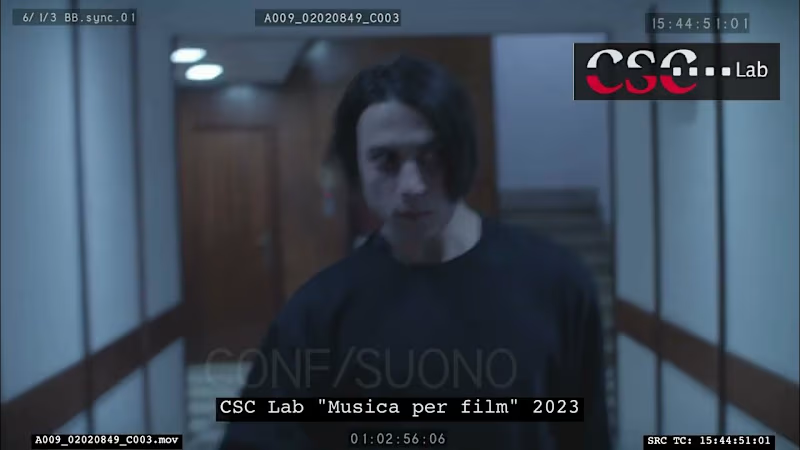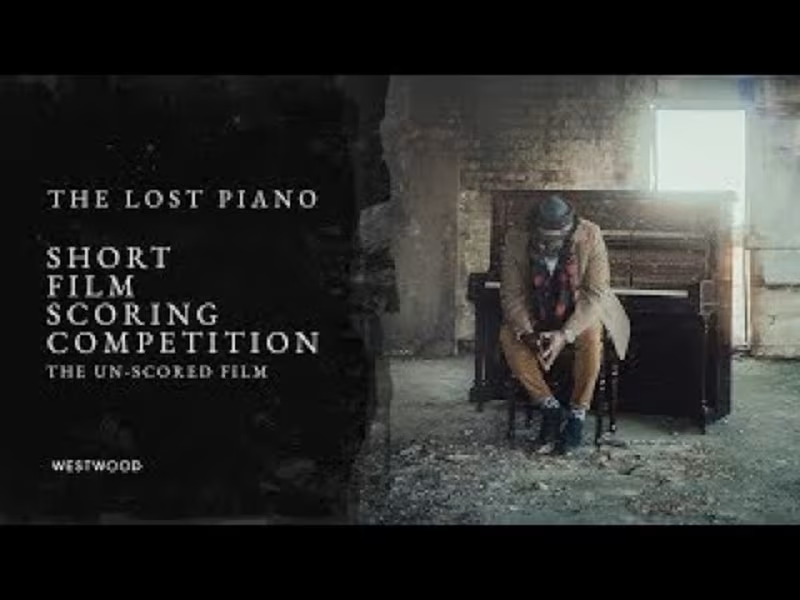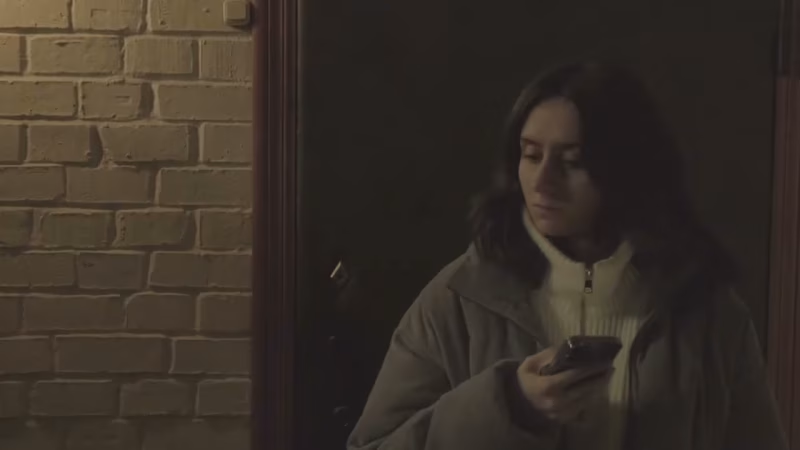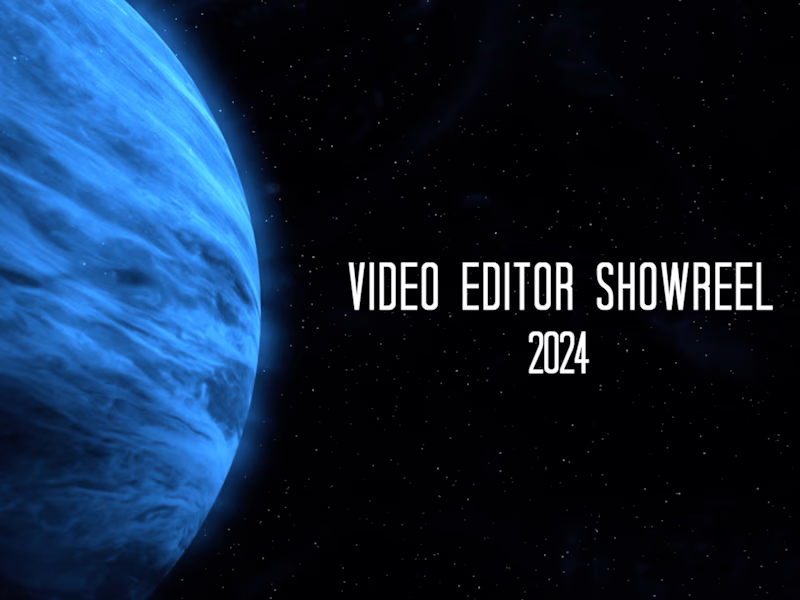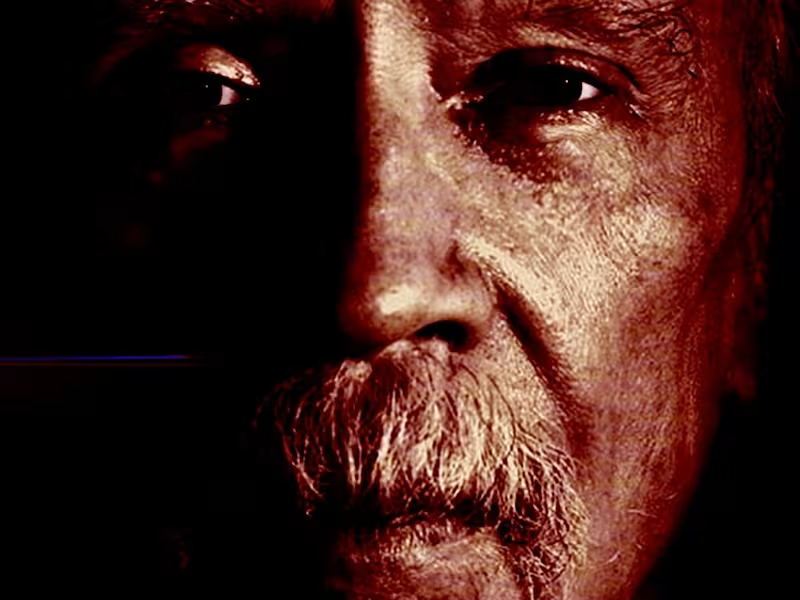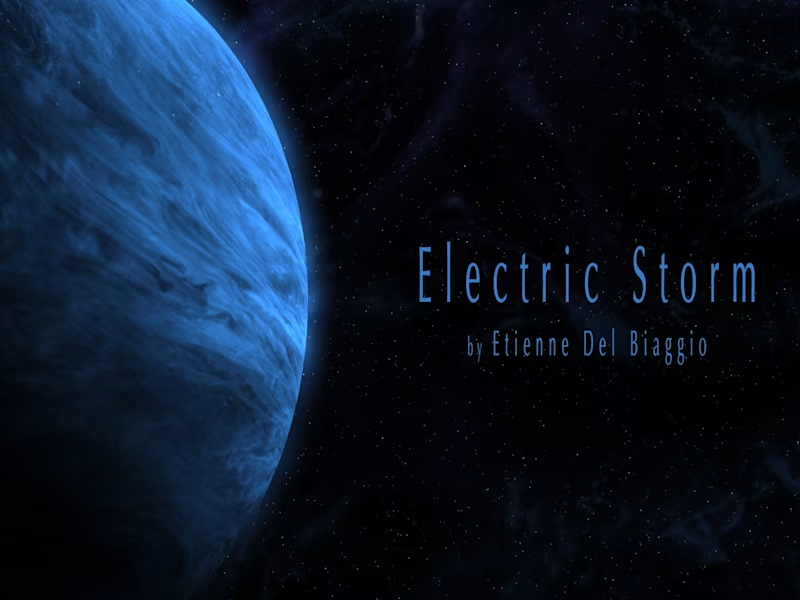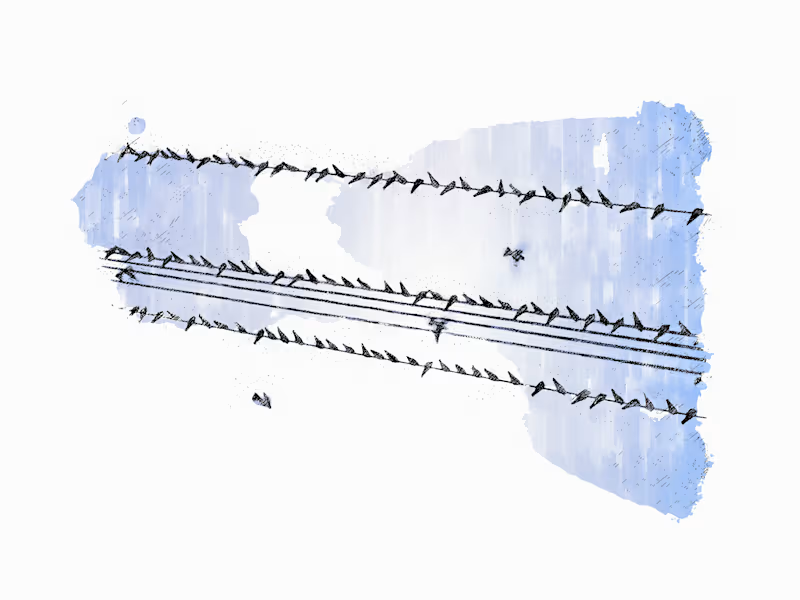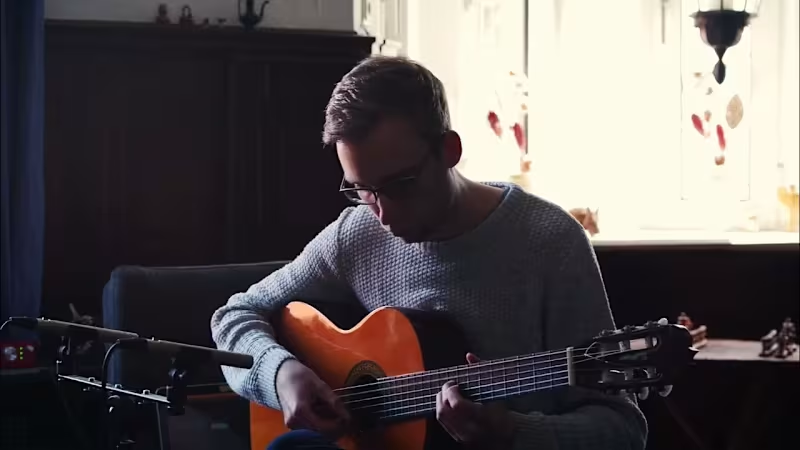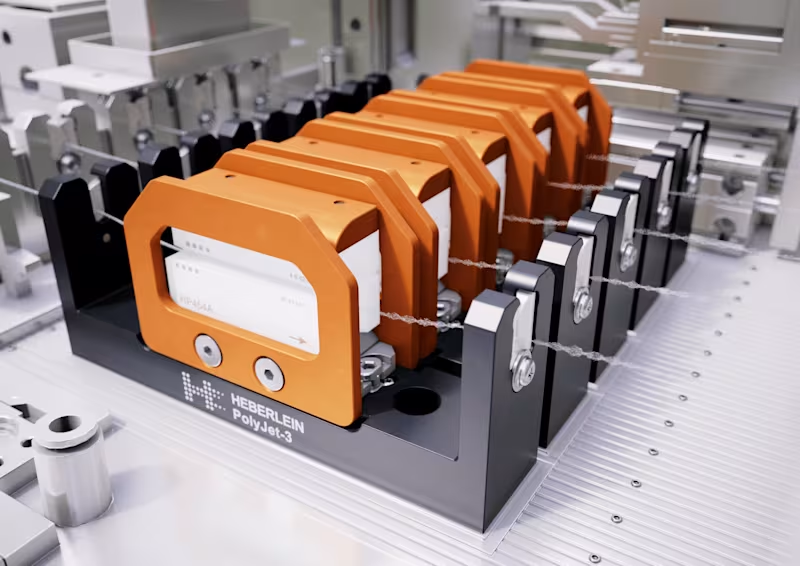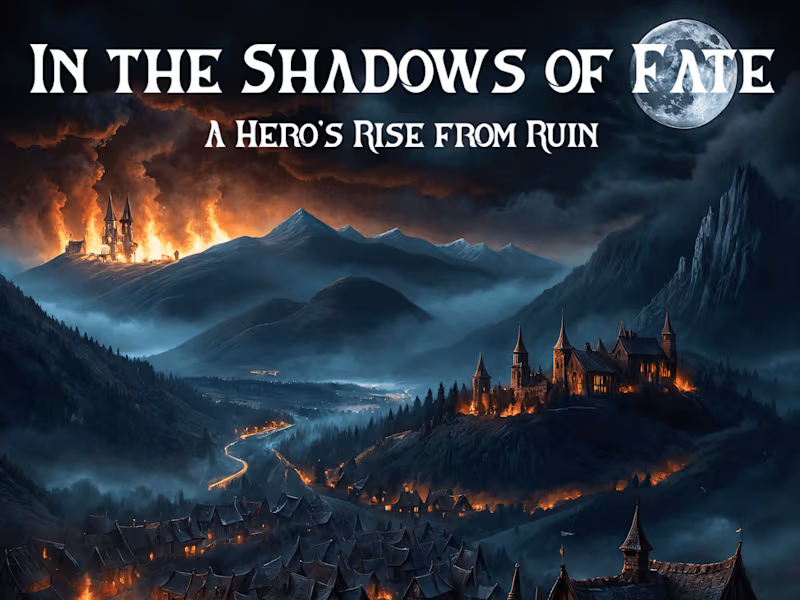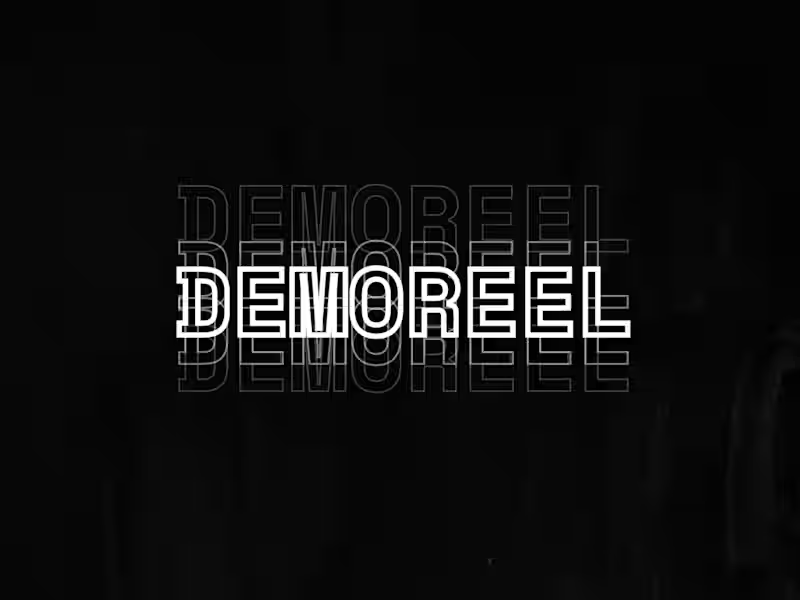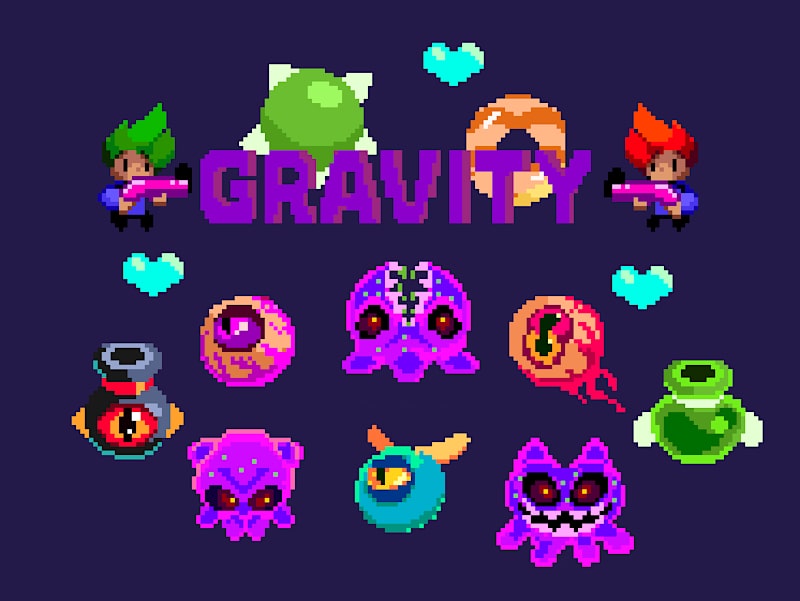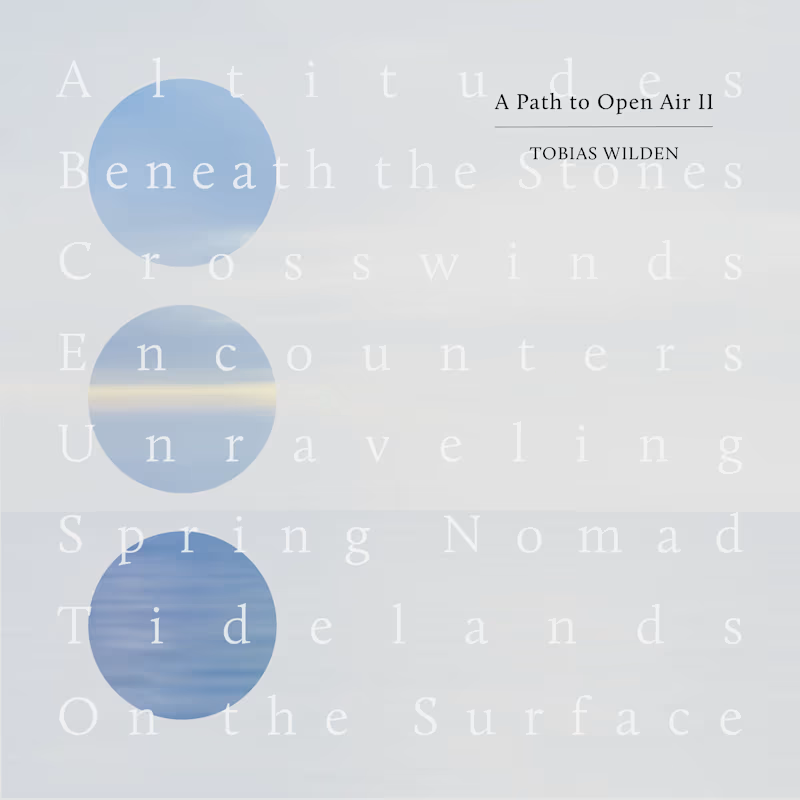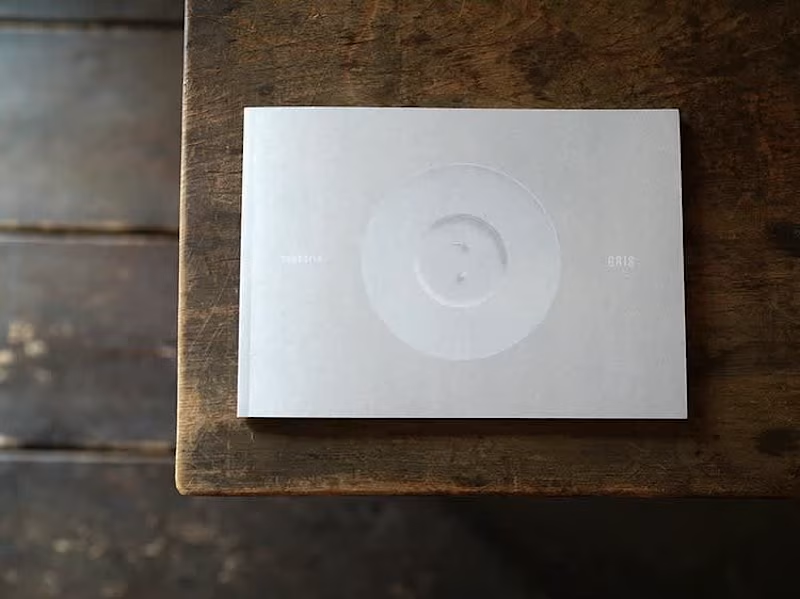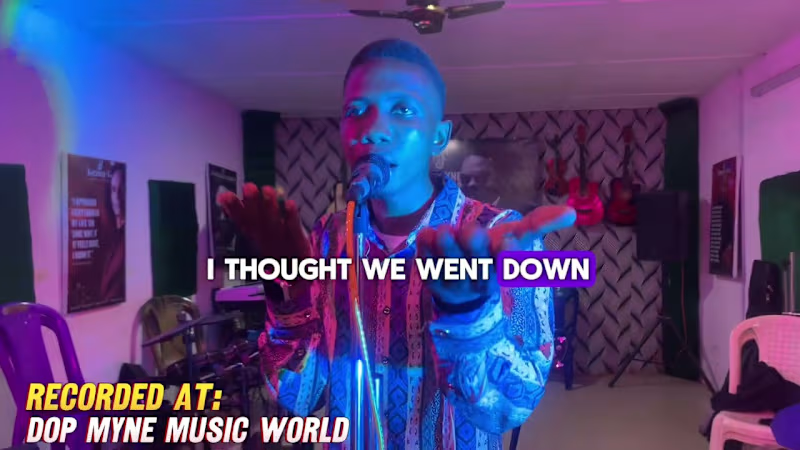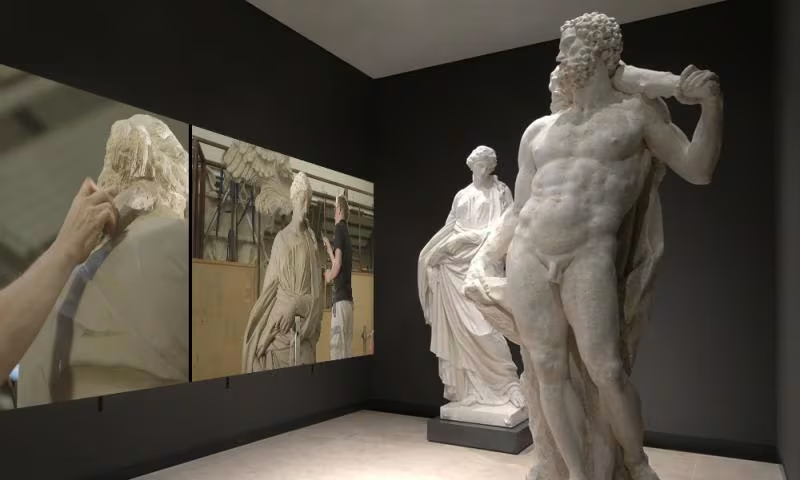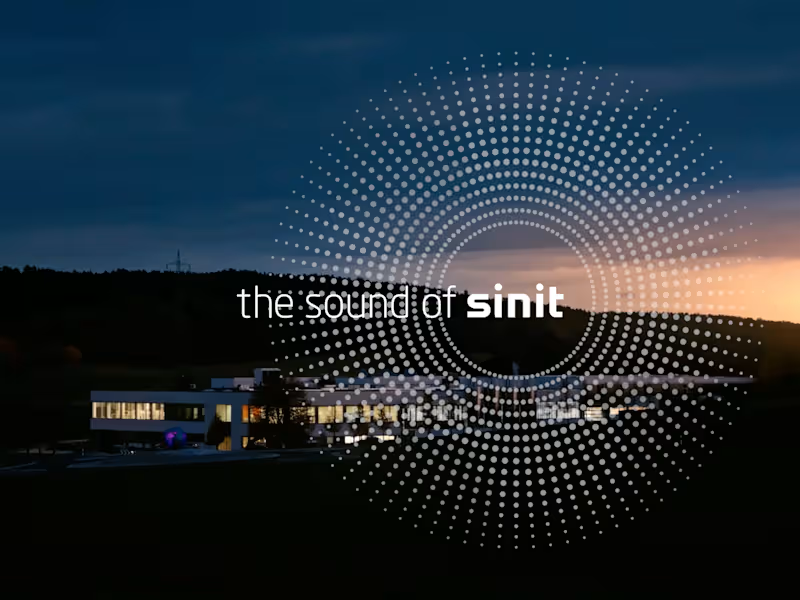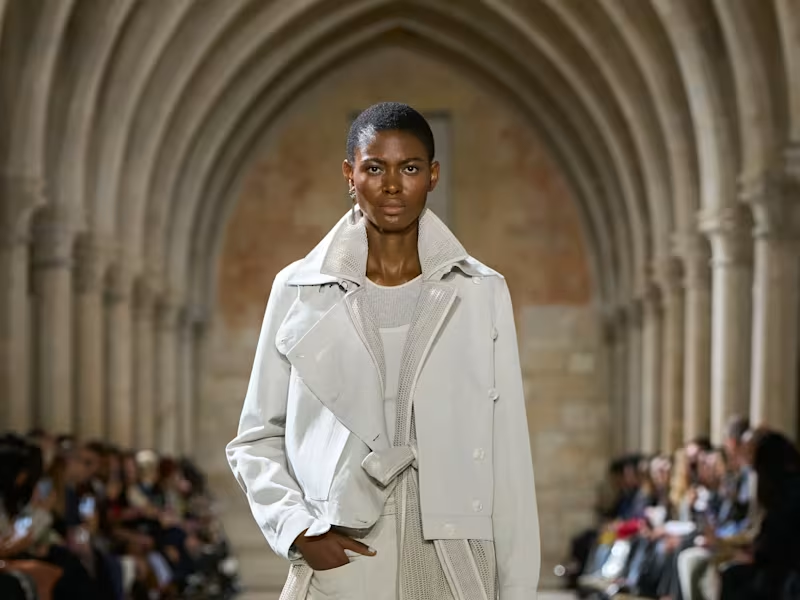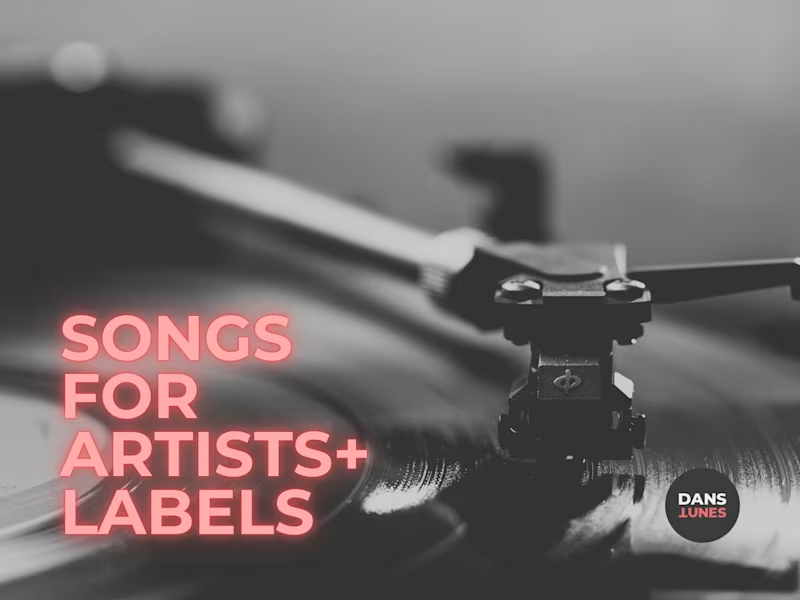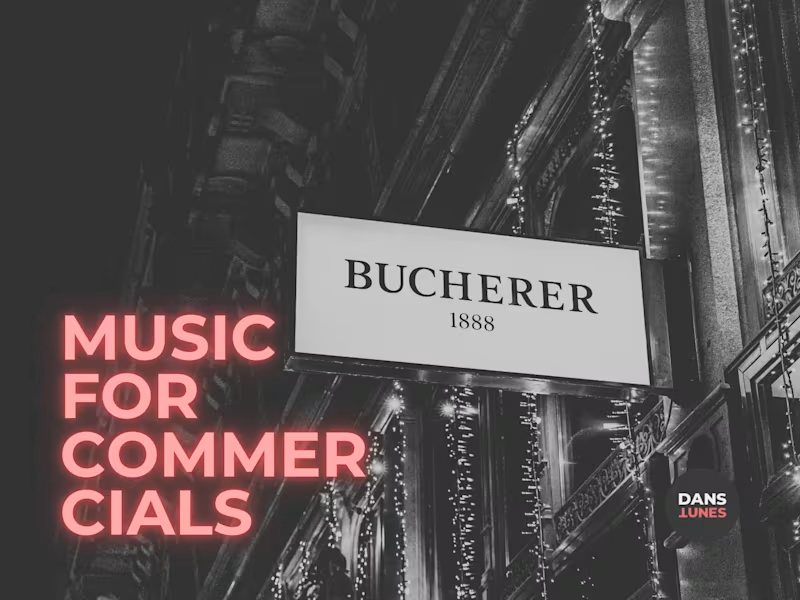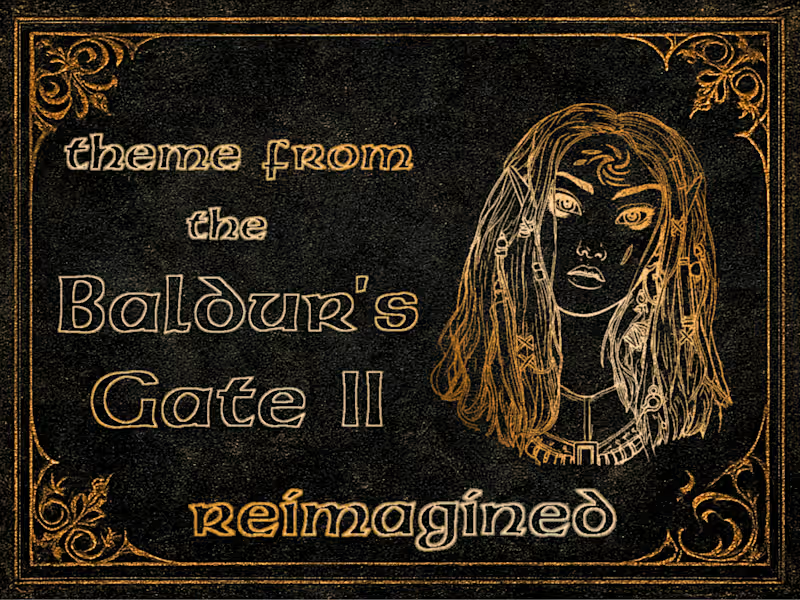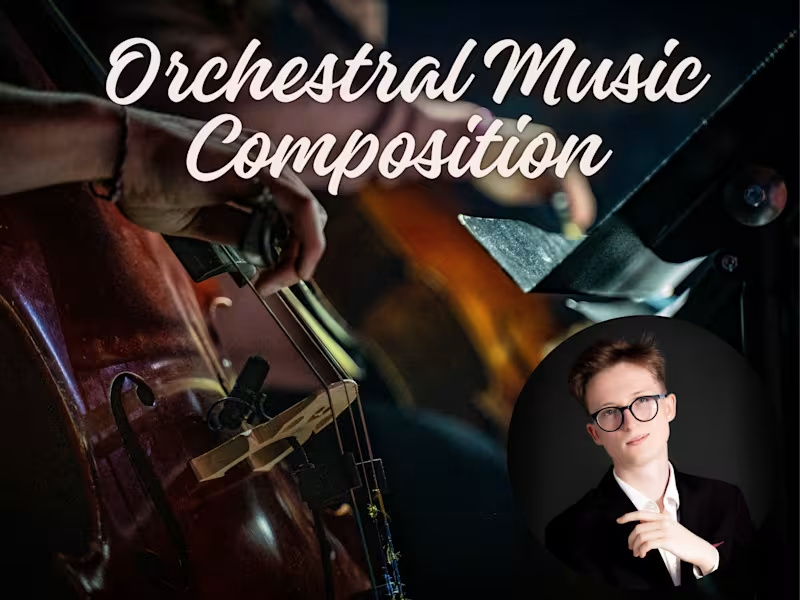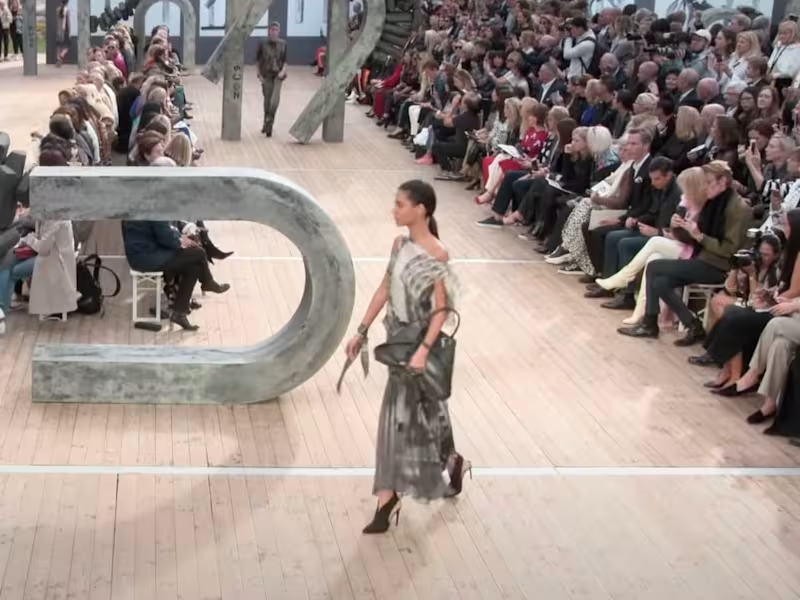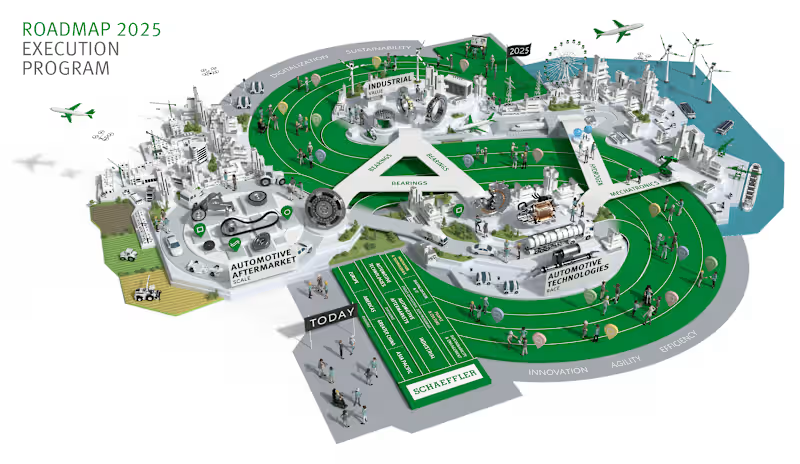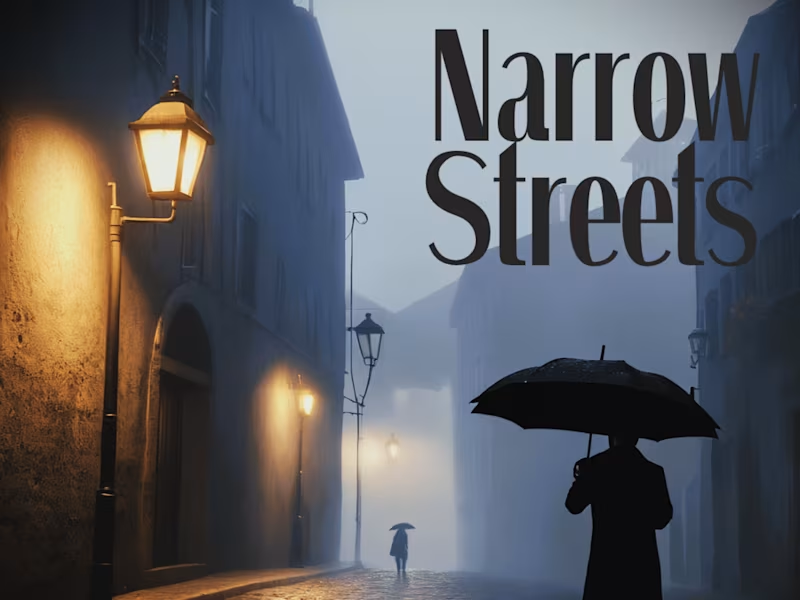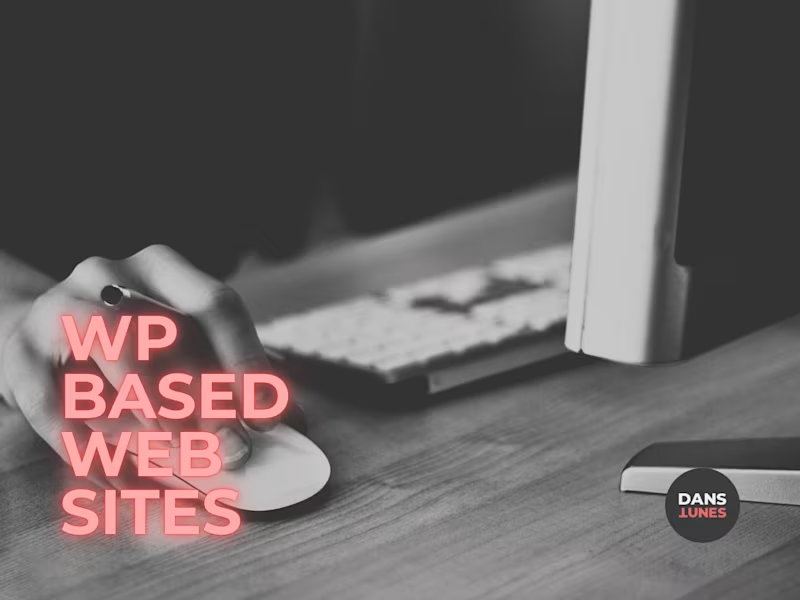How do I clearly describe my project needs to a freelance composer?
Start with an overview of your project. Describe the mood or emotion you want the music to convey. Give specific examples or genres if you can. This helps the composer understand the style you're aiming for. Clear communication at the start makes sure you and the composer are on the same page.
What should I look for in a composer's portfolio?
Listen to samples of their past work. Check if they have experience in your project's genre or style. Notice if their music evokes the feelings you want in your project. A strong portfolio shows the composer's ability to create music that matches your vision.
How do I decide on the deliverables for my music project?
Identify the musical pieces you need and their length. Determine if you need individual tracks, like intro and background music. Clearly outline these deliverables in your agreement. This ensures both you and the composer know exactly what to expect.
How can I ensure the composer understands my timeline?
Discuss your deadlines clearly with the composer. Break down the timeline into stages, like drafts and final submission. Make sure they can commit to the schedule before starting. A shared timeline helps avoid surprises and keeps the project on track.
What are some important questions to ask during a composer interview?
Ask about their process for composing music. Find out how they handle feedback and revisions. Inquire about their experience with similar projects. These questions give insight into their work style and how well they can adapt to your needs.
How do I determine if a composer fits my project creatively?
Discuss your project's vision and listen to the composer's ideas. Check if they're excited and have innovative suggestions. Ask them how they would enhance your project with their music. Creative compatibility ensures the music elevates your project in just the right way.
Why is it important to review previous client feedback?
Previous client feedback can reveal how the composer works with others. Look for comments about their reliability and work quality. Feedback often highlights strengths and areas for improvement. It helps you gauge if the composer might be the right fit for your project.
What should I prepare for the initial meeting with a composer?
Bring a clear project outline and any materials the composer needs to know. Have examples of music styles you like. Be ready to discuss the project's goals and timeline. This preparation makes sure the meeting is productive and sets a good foundation.
How do I communicate changes in my project's scope to the composer?
Have open and honest conversations with the composer about any changes. Explain why the scope is changing and what the new goals are. Listen to their input on how this might affect their work. Clear communication ensures both parties can adjust smoothly.
Who is Contra for?
Contra is designed for both freelancers (referred to as "independents") and clients. Freelancers can showcase their work, connect with clients, and manage projects commission-free. Clients can discover and hire top freelance talent for their projects.
What is the vision of Contra?
Contra aims to revolutionize the world of work by providing an all-in-one platform that empowers freelancers and clients to connect and collaborate seamlessly, eliminating traditional barriers and commission fees.





































